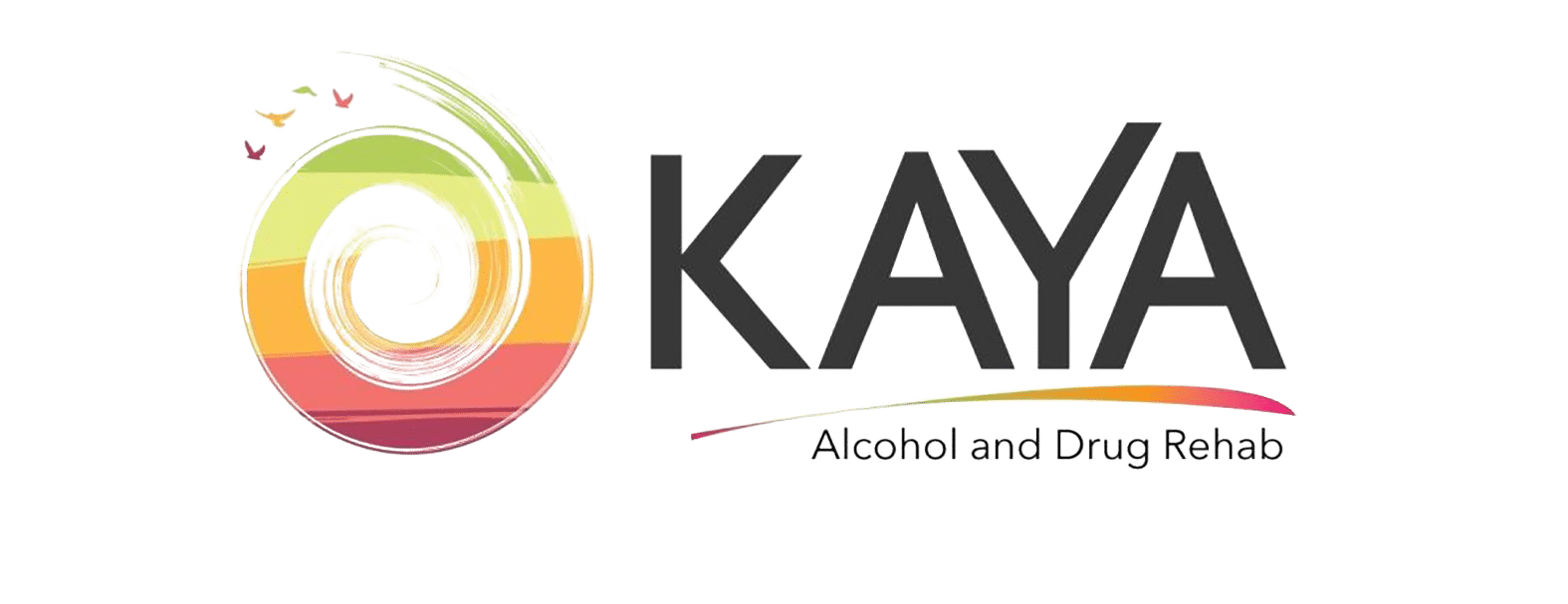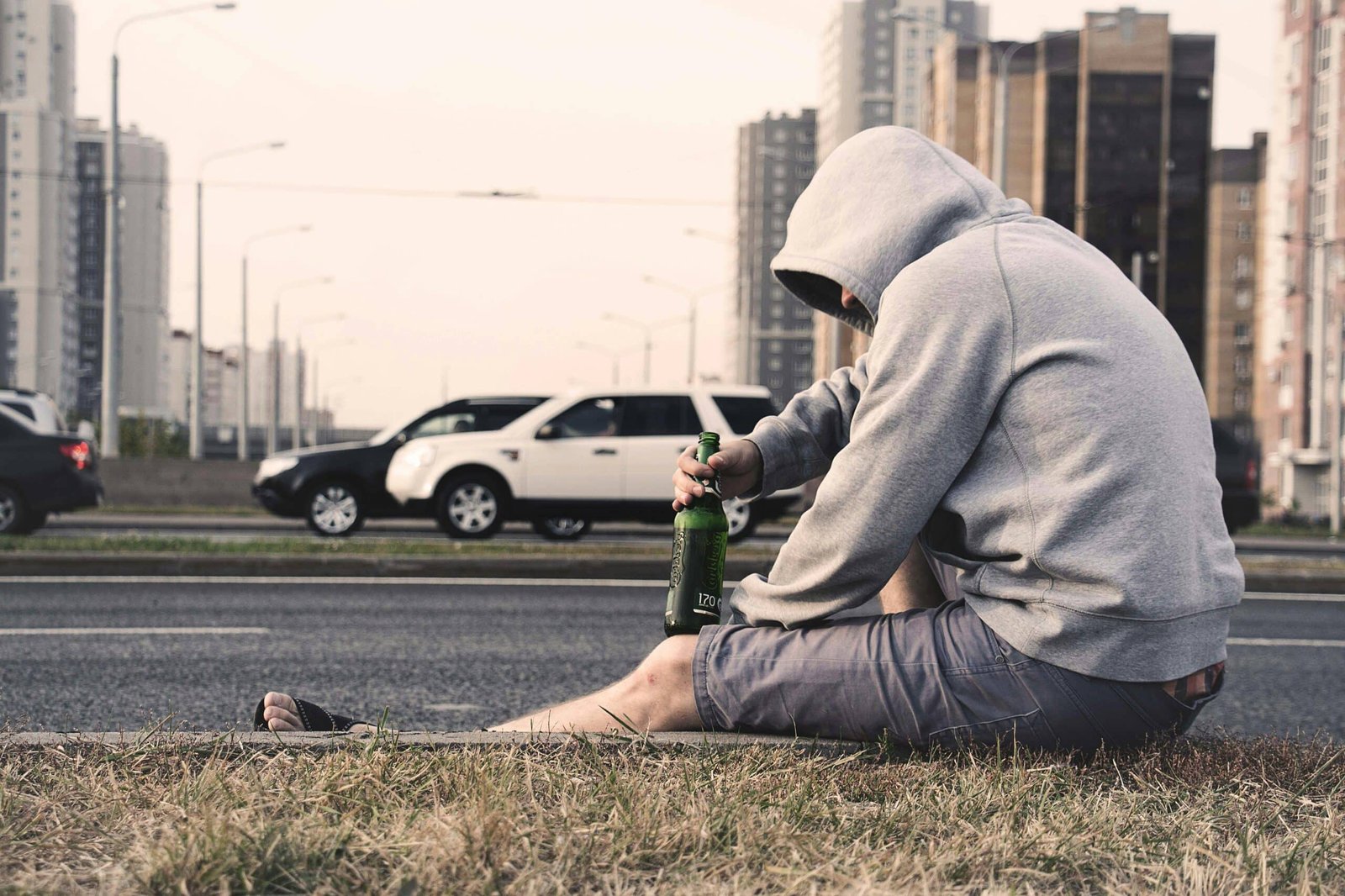Alcohol addiction is a challenge that touches countless lives across the world, but in Eastern Europe, it’s a particularly deep-rooted issue. In this part of the world, alcohol has been woven into the fabric of everyday life—often celebrated as part of tradition, family gatherings, and even moments of solace. However, behind the cultural acceptance lies a growing problem: alcohol addiction.
In this blog, we’ll explore why alcohol addiction remains a pressing concern in Eastern Europe, the toll it takes on individuals and communities, and the steps toward recovery that can help break the cycle.
Alcohol and Culture: Where Celebration Meets Dependency
Eastern Europe is known for its vibrant culture, rich traditions, and, yes, its love for spirits. Vodka, pálinka, rakija—each country boasts its own iconic drink. Alcohol often symbolizes celebration, camaraderie, and even hospitality. However, this strong cultural connection also makes it easy for drinking habits to escalate unnoticed.
In some communities, heavy drinking is normalized, and refusing a drink might even be seen as impolite. Unfortunately, this normalization blurs the lines between social drinking and dependency. Over time, what starts as a casual part of life can quietly evolve into a more serious problem.
Why Is Alcohol Addiction So Prevalent in Eastern Europe?
The reasons behind alcohol addiction in Eastern Europe are complex, but several factors play a significant role:
1. Economic Challenges: Financial instability and unemployment often lead people to use alcohol as an escape from their struggles.
2. Mental Health Stigma: Depression, anxiety, and other mental health issues often go untreated, leading individuals to self-medicate with alcohol.
3. Easy Access: In many parts of Eastern Europe, alcohol is cheap and widely available, with limited restrictions on sales and advertising.
4. Cultural Expectations: Drinking is deeply ingrained in social norms, with heavy consumption often encouraged in social and family settings.
The Ripple Effects of Alcohol Addiction
The impacts of alcohol addiction extend far beyond the individual. Families, communities, and even entire economies feel the strain.
* Health Consequences: Chronic alcohol misuse is linked to liver disease, heart issues, weakened immunity, and an increased risk of accidents or injuries.
* Broken Relationships: Addiction often creates a wedge between loved ones, as trust erodes and conflicts grow.
* Economic Burden: Lost productivity, healthcare costs, and alcohol-related accidents contribute to significant economic strain in the region.
* Social Costs: Communities face higher rates of domestic violence, crime, and child neglect tied to alcohol addiction.
Recognizing the Signs of Alcohol Dependency
Identifying alcohol addiction early is critical to prevent further harm. Common signs include:
* Drinking to cope with stress, loneliness, or emotional pain
* Increased tolerance, needing more alcohol to feel its effects
* Prioritizing drinking over responsibilities or relationships
* Withdrawal symptoms like irritability, anxiety, or physical discomfort when not drinking
If any of these signs sound familiar, it’s important to remember that seeking help is not a sign of weakness—it’s a step toward reclaiming your life.
Steps to Break Free from Alcohol Addiction
Recovering from alcohol addiction requires a combination of determination, support, and professional help. Here’s how individuals in Eastern Europe—and beyond—can start their journey:
1. Seek Professional Help: Speaking with a healthcare provider is often the first step. They can assess your situation and recommend safe detox methods or rehabilitation programs.
2. Address Mental Health: Therapy can uncover the underlying reasons behind alcohol dependency, offering healthier coping strategies.
3. Lean on Community Support: Peer support groups like Alcoholics Anonymous provide understanding and encouragement from those who’ve been through similar experiences.
4. Build New Habits: Developing healthier routines, like exercise or creative hobbies, can help replace the time and energy once spent on drinking.
5. Engage with Family and Friends: A strong support system of loved ones can make a world of difference in maintaining long-term recovery.
Breaking free from alcohol addiction isn’t easy, but it’s possible—and no one has to do it alone. At Kaya Rehab, we understand the unique challenges individuals face in overcoming addiction, especially in culturally complex regions like Eastern Europe. Our holistic, person-centered approach focuses on healing not just the body but also the mind and spirit.
Whether you’re seeking help for yourself or supporting a loved one, Kaya Rehab provides a compassionate and supportive environment to guide you every step of the way. From tailored treatment plans to ongoing support, we’re here to help you rewrite your story and find a healthier, more fulfilling life.
If you’re ready to start the journey toward recovery, reach out to Kaya Rehab today. The first step is the hardest, but you don’t have to take it alone.



